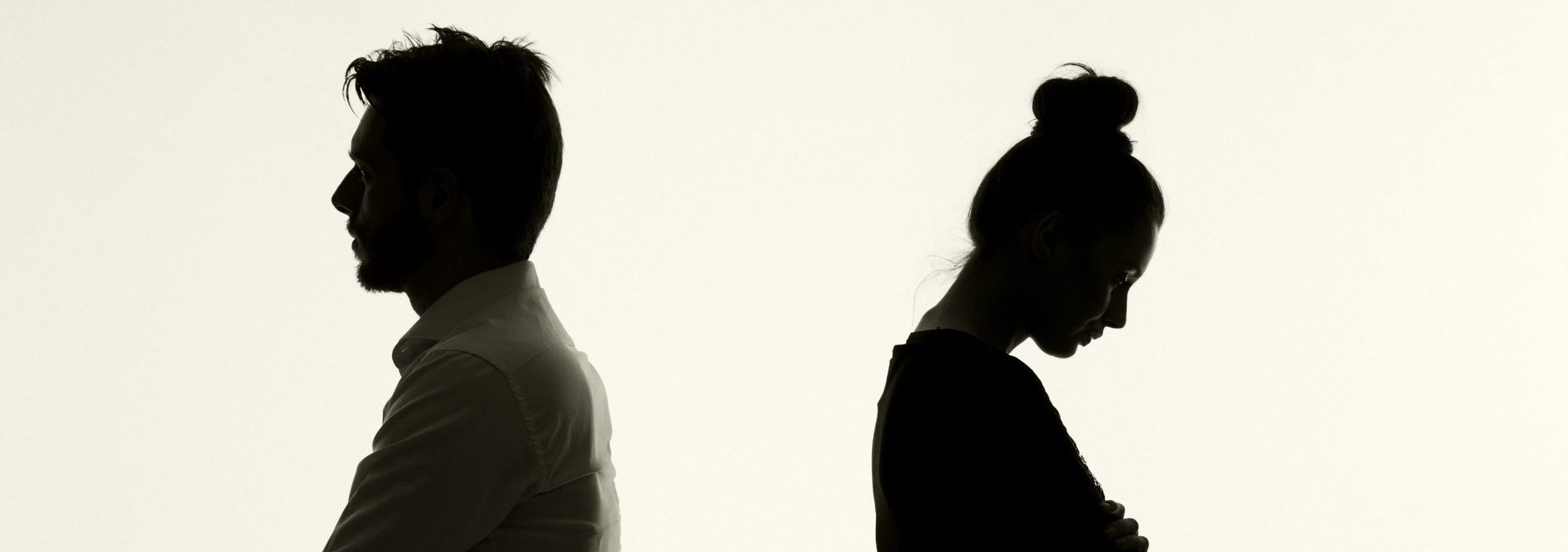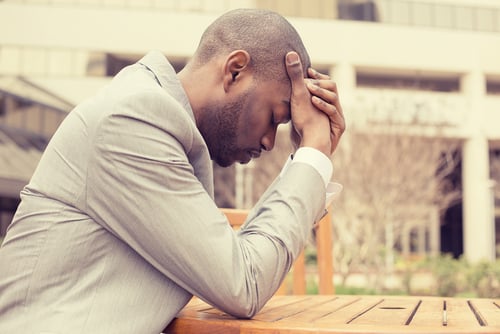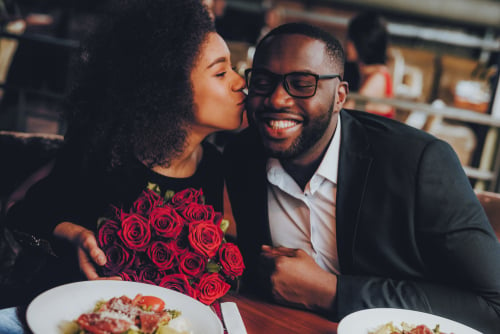Communication is one of the core building blocks of a healthy relationship and both partners need to understand the importance of communication in relationships if they intend to make their relationship last. A budding romantic relationship is not likely to last beyond the honeymoon phase if partners are unable to express their feelings openly and communicate with each other effectively.
If you’re in seventh heaven, you may not notice the little red flags. But rest assured that being unable to communicate with your partner is one of them. Don’t attempt to sweep these things under the rug. Be honest to yourself and to your partner and work on your communication and intimacy issues instead of ignoring them.
Why Communication Is Important In A Relationship
Every relationship is a two-way street and it takes two people to make it work. Sometimes, establishing healthy communication and building a healthy relationship comes easy. Other times, it’s a struggle that takes time and patience, especially if you feel you may be stuck in a codependent relationship.
Many couples do not know how to fix communication in a relationship as much as they want to. They cannot see eye to eye, especially in the heat of an argument, which may lead to further issues that they could easily overcome.
The Common Communication Pitfalls In A Relationship
Couples tend to make certain universal mistakes that are preventing them from communicating effectively:
- Texting instead of talking face to face: communication in writing may lead to misinterpretation.
- Using the accusatory tone and attacking the partner using ‘you’ language. (e.g.: You need to do this if you want our relationship to work; You never listen, etc.)
- Resorting to universal, generalizing statements with words used for emphasis such as never, always, every time, everyone, so, such etc. (e.g. You never remember to do what I ask; You’re so selfish; You let me down every time; etc.). Commenting on your partner’s personality instead of their behavior. (e.g.: You’re dumb instead of You’re smart but you did not think through what you did last night)
- Demeaning behavior such as invalidating your partner’s feelings. (e.g.: You’re overreacting; You’re being unreasonable; You’re acting irrational, etc.)
Lack Of Communication In A Relationship: A Challenge To Overcome
If one’s partner idea of achieving a set goal is to give the other partner the silent treatment and rely on a passive-aggressive approach instead of communicating their feelings openly, it could be a sign that the relationship is heading nowhere. Any communication breakdown in a relationship is a challenge the couple needs to work on overcoming effectively.
Can A Relationship Survive Without Communication?
Chances are we all know couples in long yet dysfunctional relationships which suffer from chronic lack of communication. Chances are these relationships cannot survive. The resulting toxicity will take its toll eventually unless the partners are aware of the problem and take action to resolve it.
You also need to openly discuss your old relationship patterns such as being avoidant or secretive, and being anxious and/or controlling, so they would not affect your current relationship.
How Can Couples Communicate Better?
There are various effective strategies that you and your partner can employ to foster communication. Better communication equals a stronger relationship. Try the following:
- Create a set of rules for your relationship. Communicating your priorities to each other can be an eye-opening experience.
- Apologize to your partner when an apology is in order. Do not hold a grudge and risk deepening a conflict. Likewise, request an apology if you feel you’re entitled to one.
- Take responsibility for your feelings and do not expect your partner to read your mind.
- Proceed with caution during an argument: remember that words, like actions, have consequences.
- Be mindful of your body language. Listen to your partner, be attentive and respectful.
- Schedule a time to discuss important matters when it’s most convenient for both of you. When emotions are running high, you run the risk of exacerbating a communication breakdown.
- Take the time to think before you act. If something your partner did made you upset, give it some time before approaching them about it. Experts suggest following the 48-hour rule which should be enough for the matter to blow over or at least for you to cool your head.
- Go off grid: make a plan to say no to technology when you’re spending quality time together, at least for a weekend, and stick to it.
- Learn to negotiate things with your partner.
- Focus on yourself. You are not responsible to manage your partner’s emotions but solely your own. The partners’ emotional maturity is pivotal to the success of a relationship.
- Show respect and kindness even if your partner is refusing to reciprocate.
- Do not take things personally. Your partner may be having a bad day or having difficulty expressing their thoughts.
- Be open to your partner’s attempts to make things work. Anger and frustration could prevent you from meeting them halfway, which you may regret later on.
- Be open-minded. Your partner may have an alternative point of view that differs from your own considerably. Be flexible and show willingness to reach a compromise.
- A couple that laughs together stays together. Add some humor to lighten the atmosphere.
- Steer clear of excessive negativity and criticism. It’s all too easy for things to get out of hand and for you to say things you’ll end up regretting when you’re upset. Remember to state positive comments that will show your partner how much you respect and appreciate them.
- Focus on one thing at a time. If you’re upset that your partner forgot about the plans you made weeks ago, stick to the topic and do not mention any other unresolved issues.
What Is Healthy Communication In Relationships?
If you and your partner are in it for the long run, you have to build a healthy relationship foundation. Whether you’ve been together for some time or you’re just starting a new relationship, healthy communication is key.
Healthy communication in a relationship means that partners are honest and open to each other. They are not afraid to speak their mind and discuss what’s bothering them without feeling guilty or putting the blame on the partner.
Empowering You For Effective Communication With Your Partner

Healthy communication does not equal an ideal relationship scenario where conflicts are out of the question and it’s all rainbows and unicorns. It simply means that partners can talk to each other in a meaningful way and make it work in the real world, and that’s all that really matters.
Our PIVOT Advocate can help you work on fostering healthy communication between you and your partner, or you can join a personalized couples workshop for deepening a relationship at our retreat: The Glass House. Communication is something you learn, much like any other skill. Call today and let us help you overcome communication challenges and resolve conflicts that are plaguing your relationship.


 What Is Emotional Withdrawal?
What Is Emotional Withdrawal?













